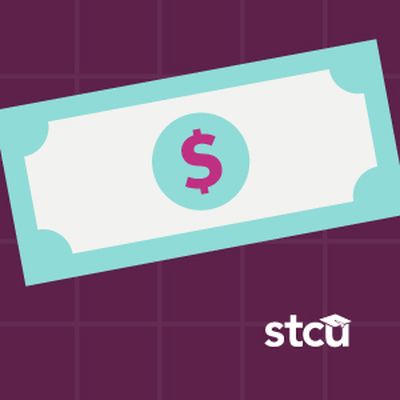‘Banking’ off the grid

Most people’s financial lives revolve around a credit union or a bank. They buy groceries using debit cards linked to their checking accounts and save money in savings accounts.
For some people, however, there’s no solid center. They access financial services by piecemeal. They pay for groceries with cash, trading paychecks for bills at supermarket counters. They pay rent with money orders purchased at drugstores.
Many believe they don’t have enough cash to open an account, or they’ve had a bad experience with fees, according to a 2015 survey conducted by the FDIC.
Others don’t trust mainstream financial institutions to protect their money or privacy. Or they live on cash only, paycheck to paycheck, simply because that’s what their parents did.
In the short term, alternative banking can make sense for some people.
But advocates for low-income people ― or for those who live on the financial edge, even if they’re not low-income ― say “unbanked” people’s finances suffer for it. They pay unnecessary fees, agree to predatory loans out of desperation, and miss out on the benefits of long-term relationships with credit unions or banks.
Visit stcumoney.org to read more.